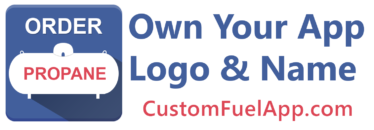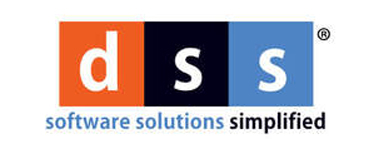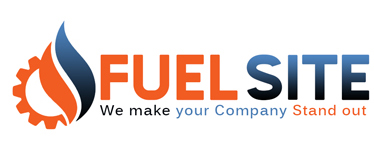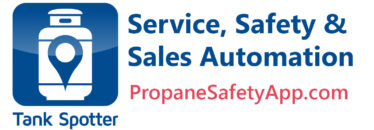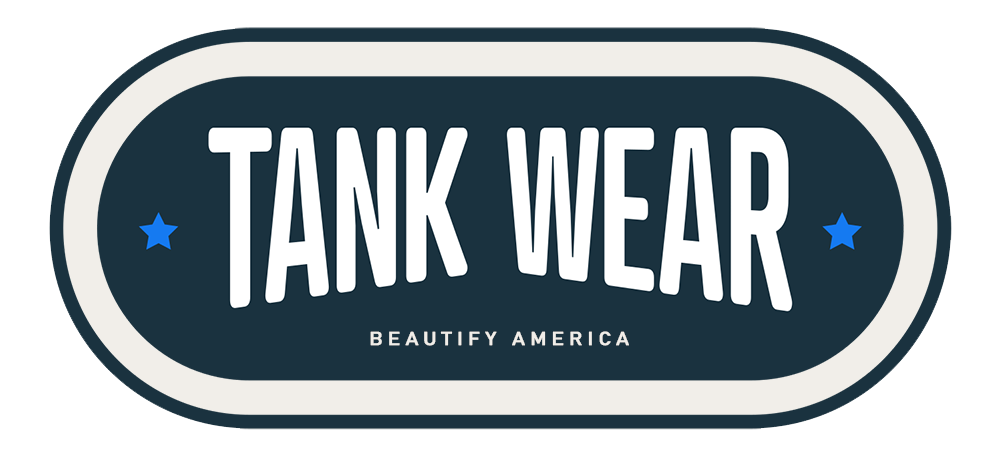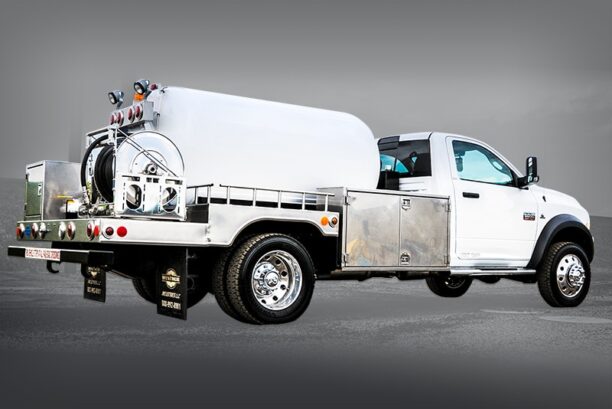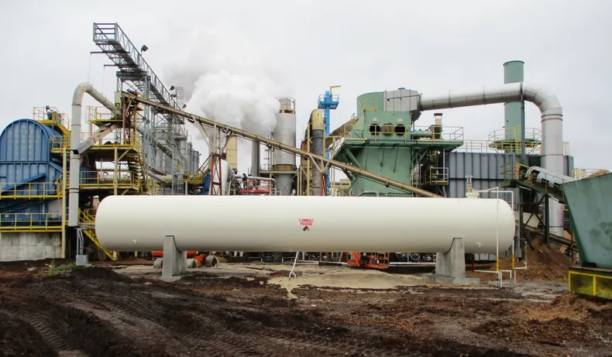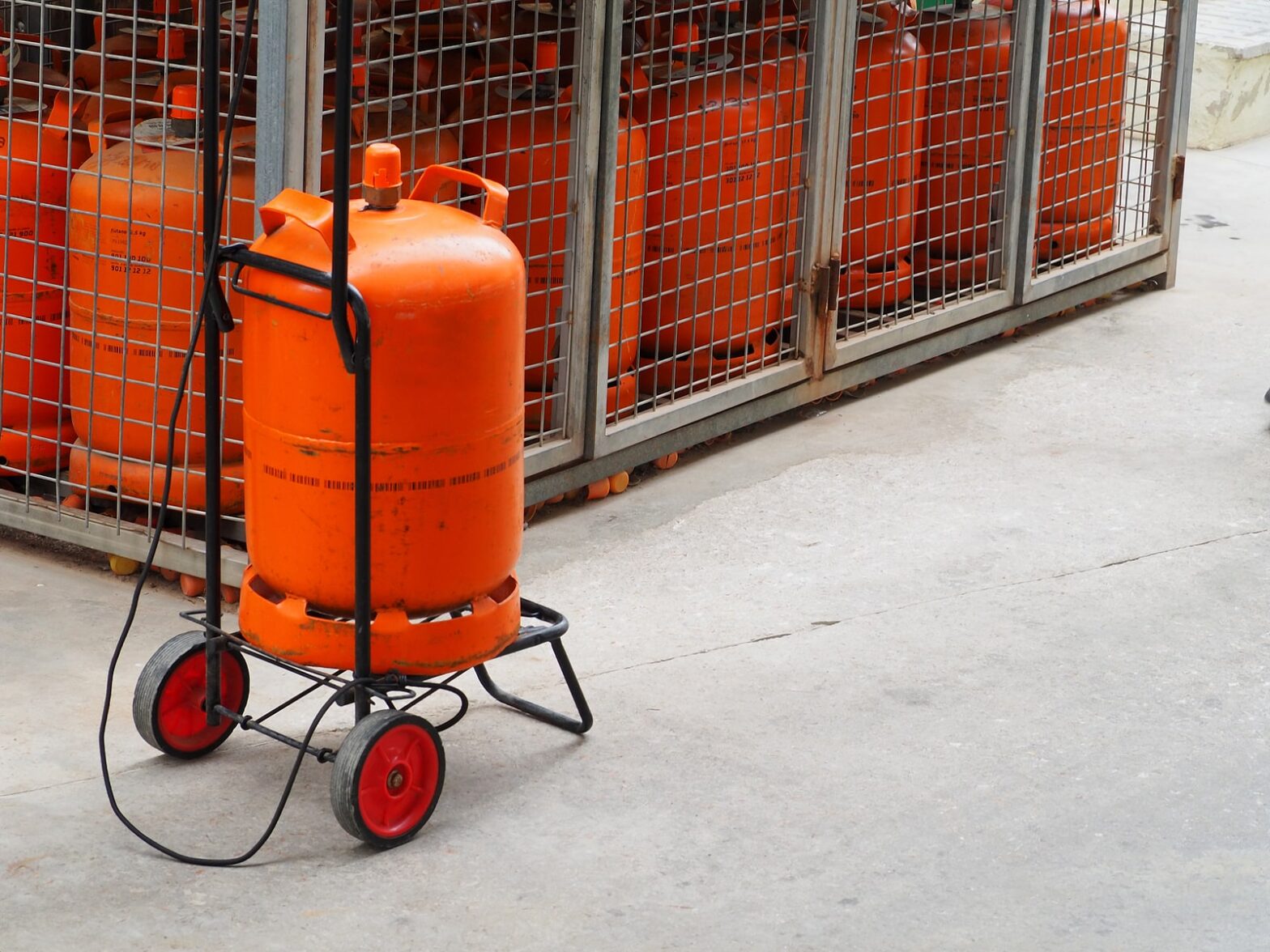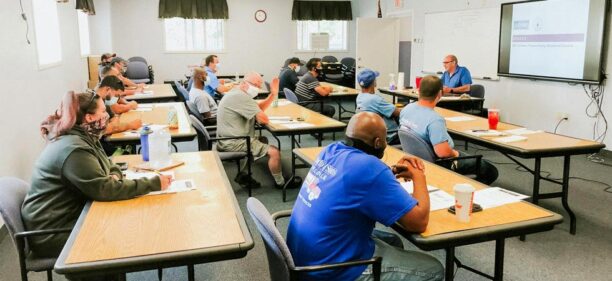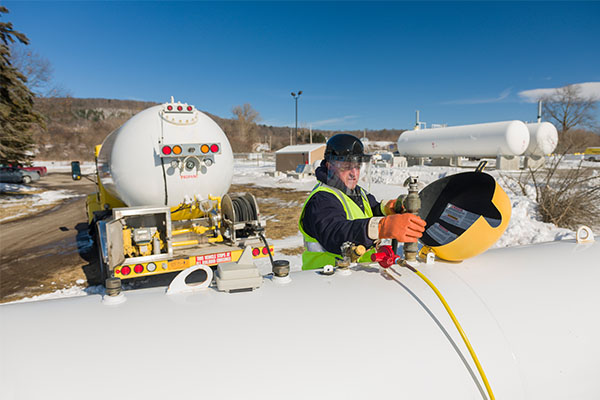EPA’s Clean School Bus Rebate Program Fuels Green School Transportation
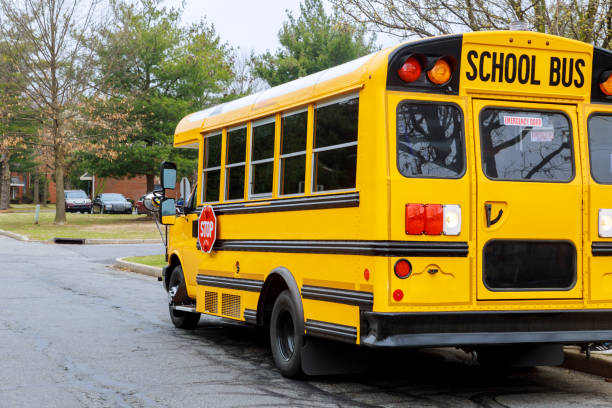
The U.S. Environmental Protection Agency (EPA) has rolled out its 2023 Clean School Bus Rebate Program, with a substantial $500 million injection aimed at modernizing school bus fleets across the nation. Running until January 31, 2024, this initiative sets its sights on greener student transportation.
Promoting Green School Buses
Envisioned by the 2021 infrastructure legislation, the EPA’s Clean School Bus Program is on a mission to replace older, polluting school buses with cleaner, zero-emission models. Notably, the program extends its support to electric buses, propane, and compressed natural gas (CNG) buses, offering a variety of eco-friendly options for school districts.
Propane’s Affordable and Reliable Solution
Amidst this drive for cleaner school buses, the propane industry has emerged as a champion of affordability, reliability, and accessibility. The Propane Education & Research Council (PERC) is leading the charge, advocating for propane-powered school buses and off-grid recharging solutions to usher in a new era of sustainable student transportation.
A Clean Ride to School
Steve Whaley, Director of Autogas Business Development at PERC, underscores the urgency of the Clean School Bus program, emphasizing the need to swiftly reduce emissions and provide students with a clean and eco-conscious ride to school. Whaley highlights that the propane industry stands ready to empower school districts with the technology required to introduce clean transportation options.
Propane Autogas Benefits
PERC reports that propane autogas buses significantly reduce harmful nitrogen oxide (NOx) emissions by a remarkable 96 percent compared to diesel counterparts and virtually eliminate particulate matter emissions. Moreover, propane autogas boasts a lower cost per pound in greenhouse gas reduction when compared to equivalent electric school buses, thanks to its cost-effective vehicles, fuel, maintenance, and infrastructure.
Propane Autogas in Diverse Communities
Propane autogas school buses are particularly attractive to fleets in rural, underserved, and tribal communities. Their affordability, impressive range of up to 400 miles, and ability to operate independently of the grid make them an ideal choice for regions facing diverse transportation challenges.
Electrifying Options
For school transportation directors keen on electric buses, PERC points out that the Clean School Bus program permits the purchase of propane-powered charging infrastructure using rebates. This nanogrid technology harnesses renewable energy sources like solar and wind, supplemented by a propane generator, to reliably recharge school buses. It’s a portable solution that can be installed in as little as 24 hours, providing flexibility and sustainability.
A Unified Approach
Steve Whaley underscores the importance of adopting a hybrid approach, combining both electric and propane autogas buses to tackle emissions effectively on all school routes. He emphasizes the significance of choosing technology that aligns with each district’s unique needs, and propane stands poised to take the lead as an energy option for every school district.
EPA’s 2022 Success
The 2022 Clean School Bus Rebate Program by the EPA achieved remarkable success, awarding approximately $965 million to support the purchase of around 2,600 buses. Impressively, 95 percent of these buses were electric. These rebates benefitted about 400 school districts across nearly all 50 states, including Washington, D.C., and various federally recognized tribes and U.S. territories.
Future Grants on the Horizon
In April 2023, the EPA announced the availability of at least $400 million in grants. These grants are intended to fund electric, propane, and CNG buses, with a focus on vehicles that produce minimal to no tailpipe emissions compared to their older diesel counterparts. The application period for this initiative has closed, and the EPA is gearing up to announce selections for the grant program during the winter.
Electronic Applications Essential
For schools and fleets interested in participating in the current program, it’s necessary to submit applications electronically, ensuring that they can tap into the available opportunities for cleaner and more sustainable school transportation.









